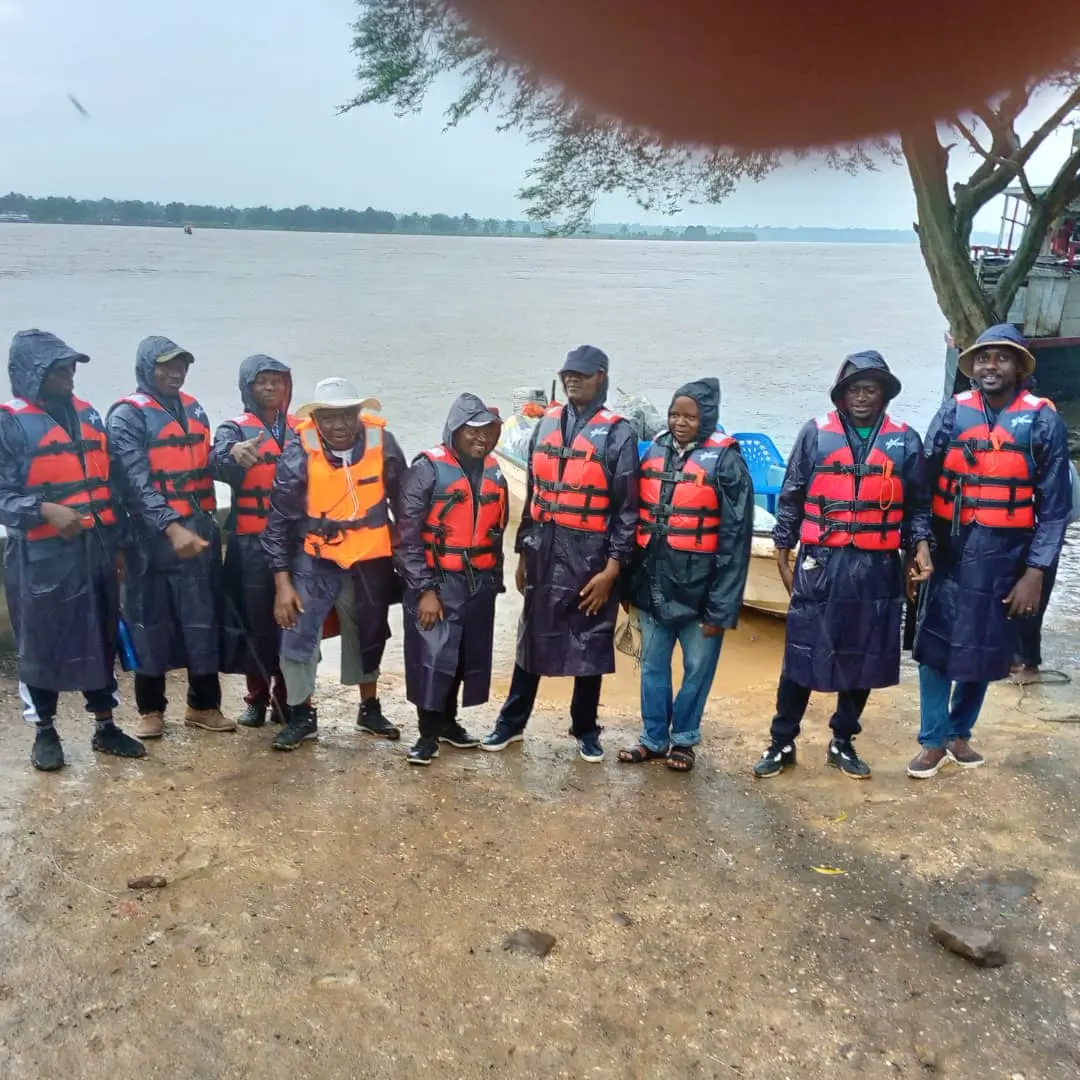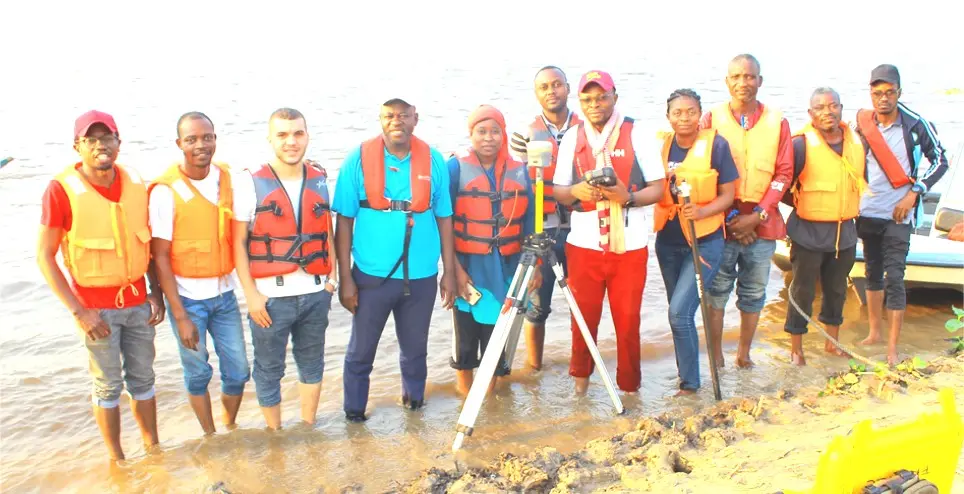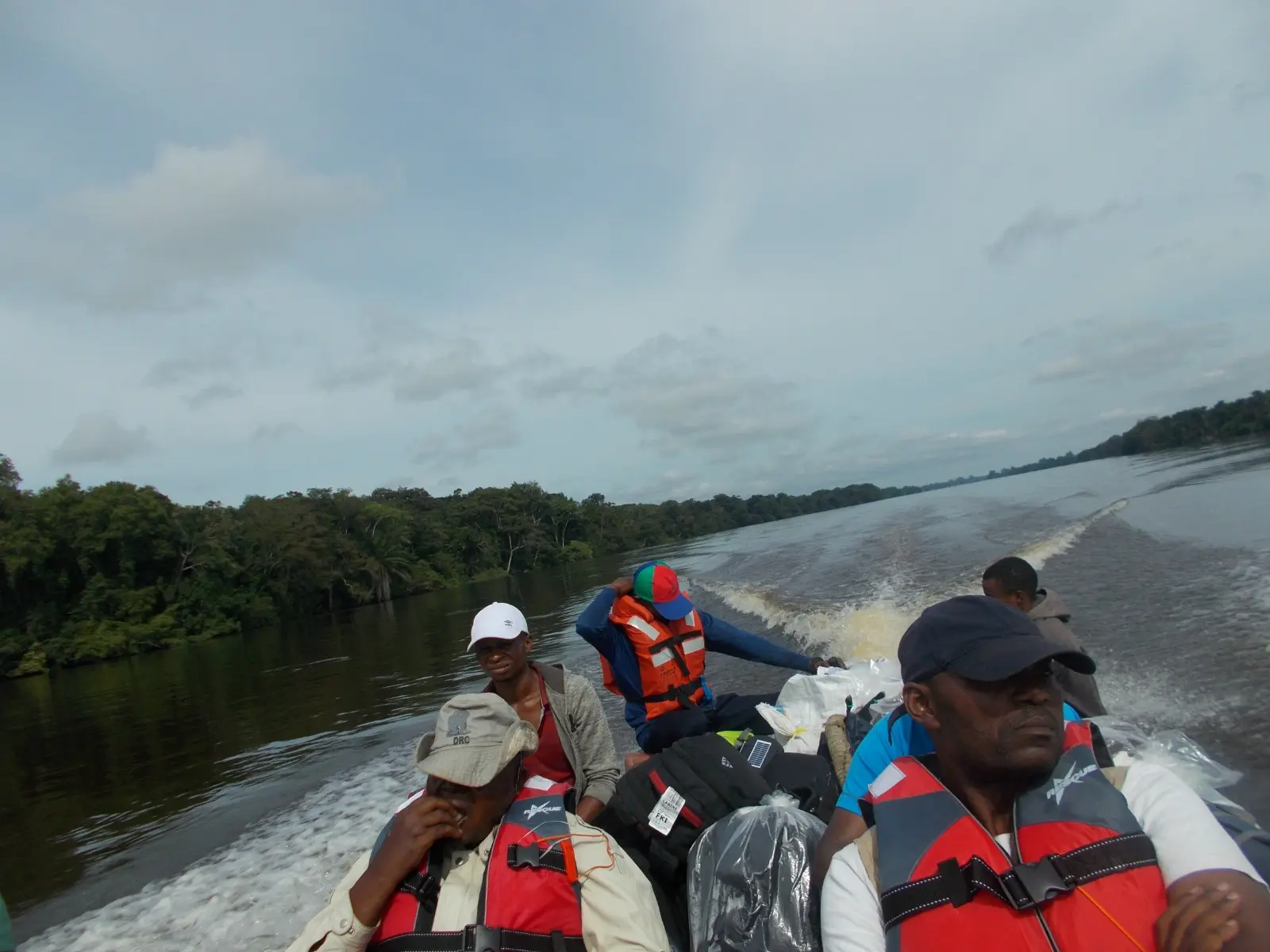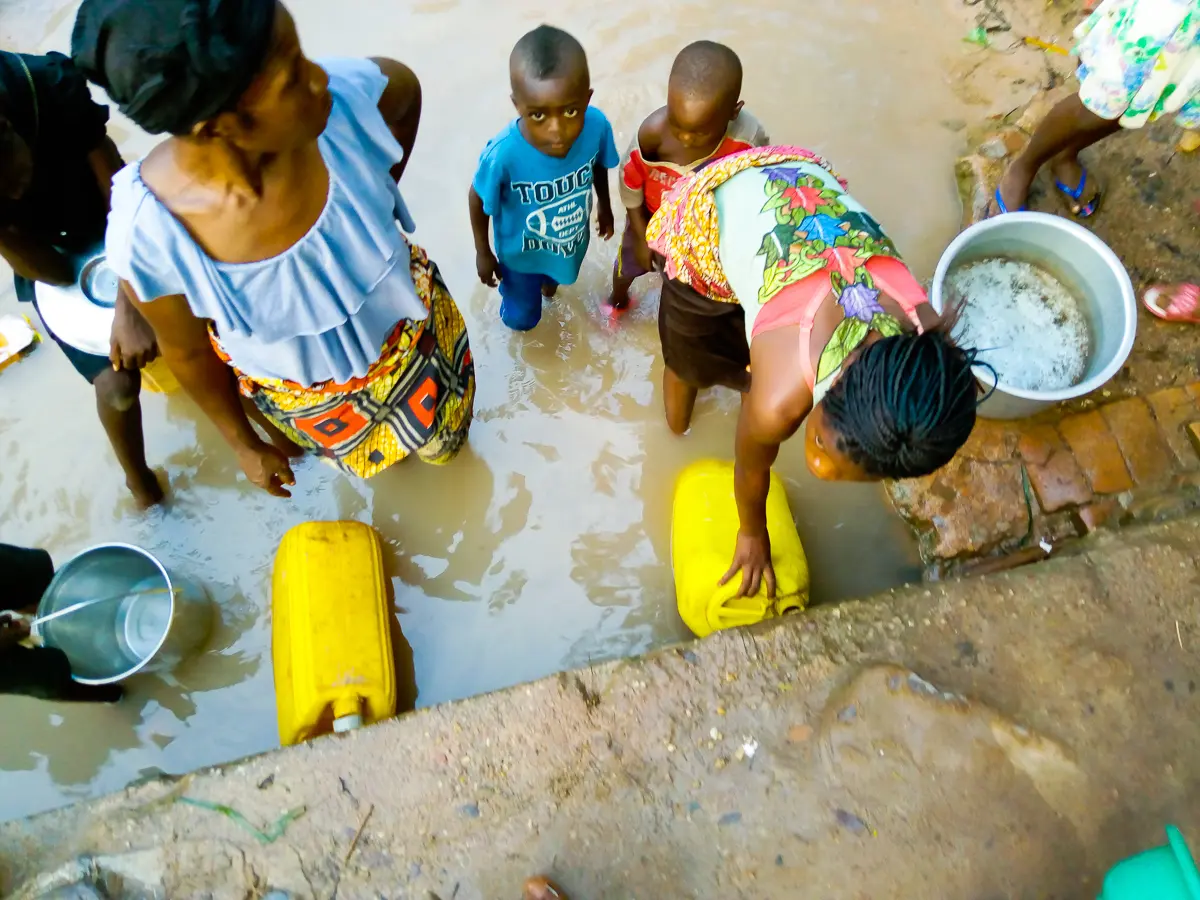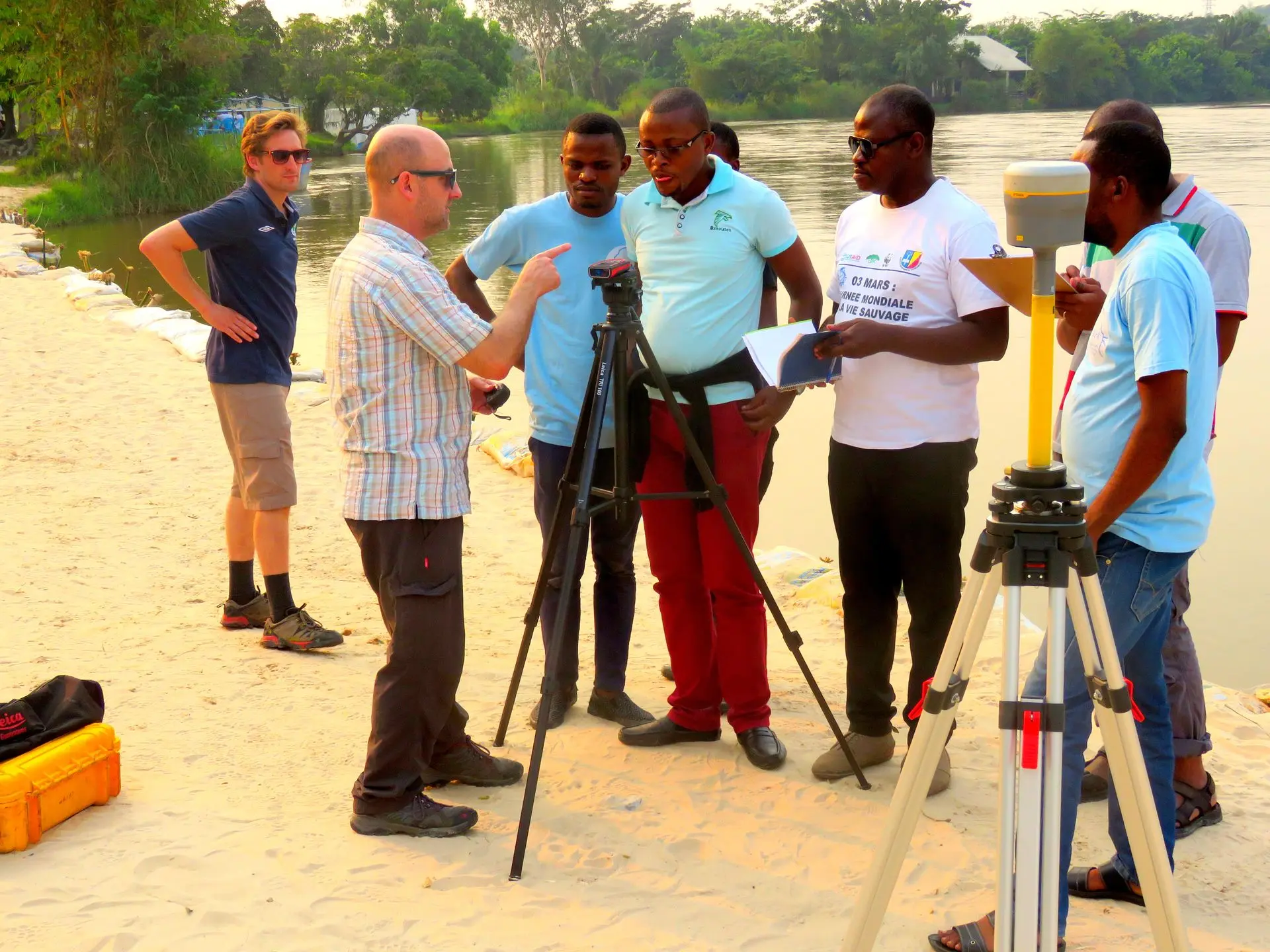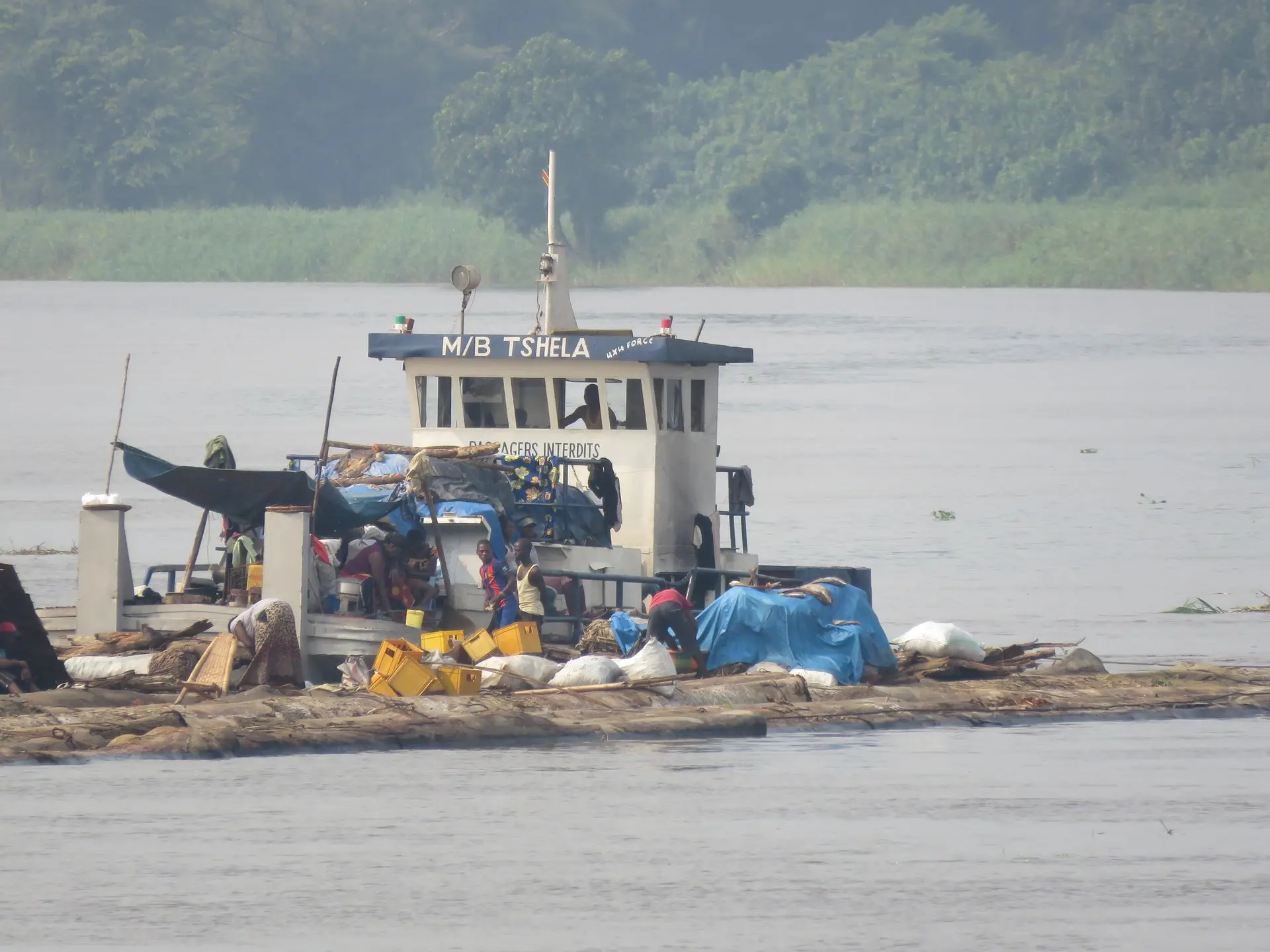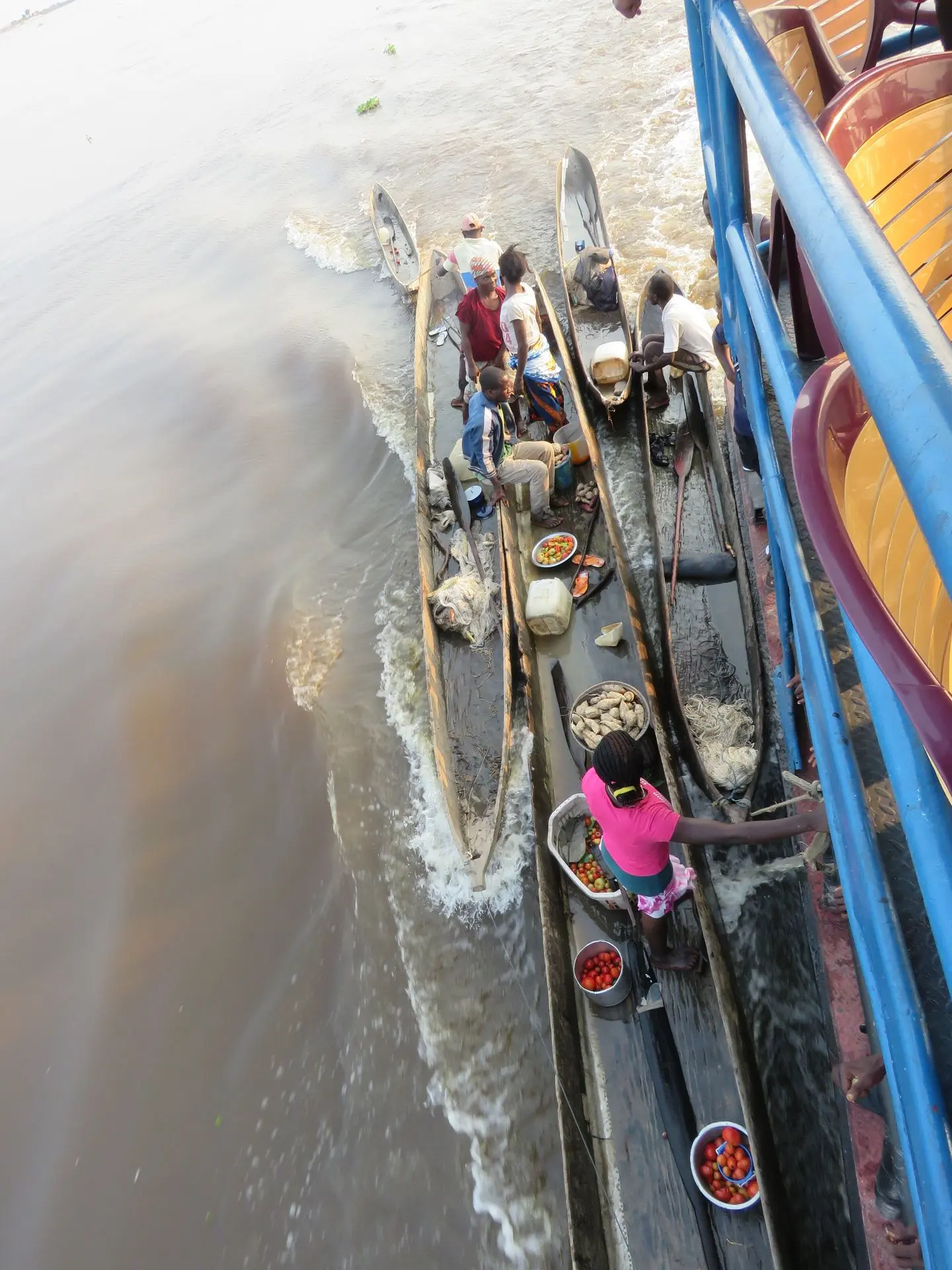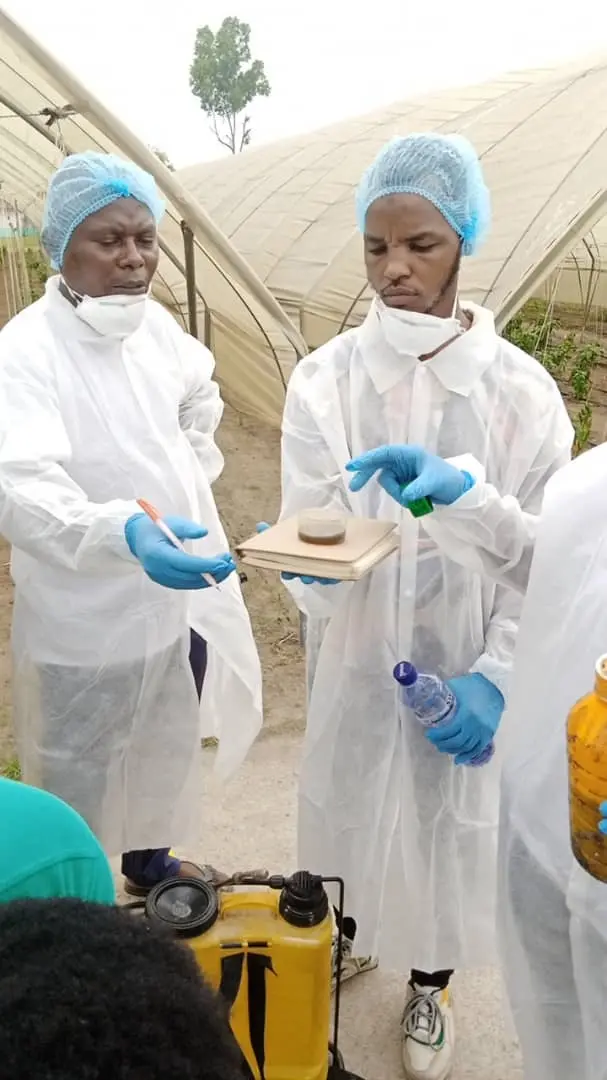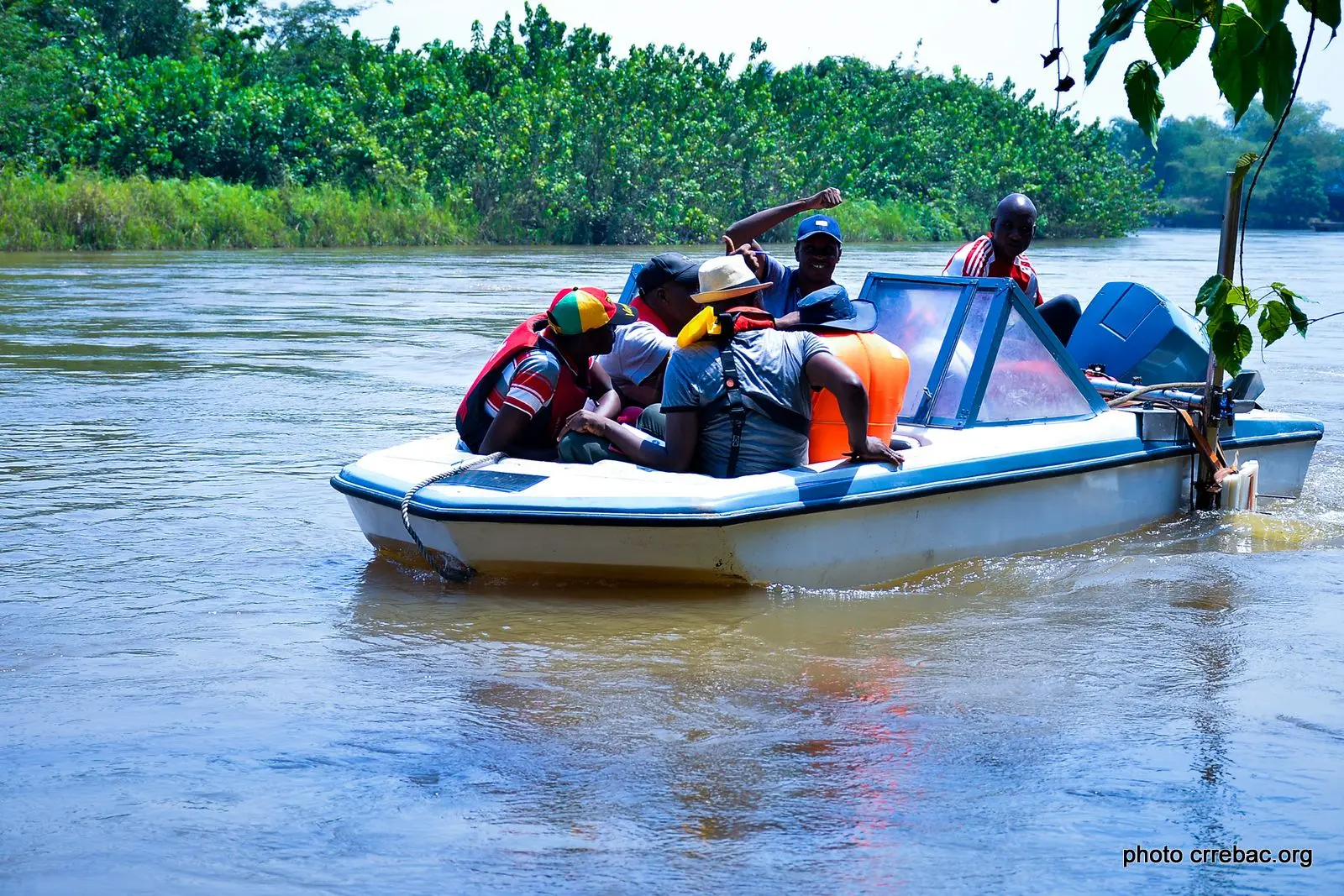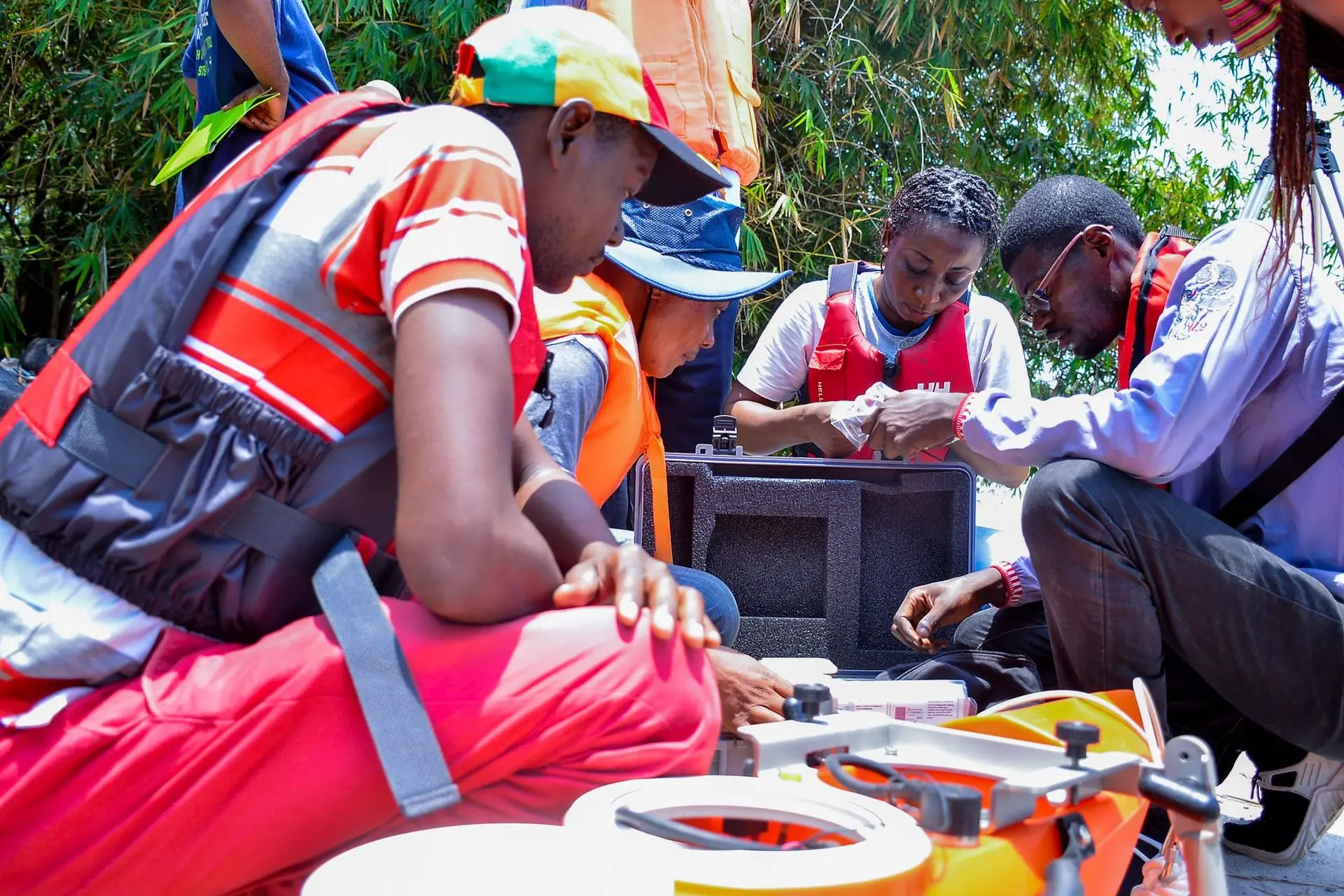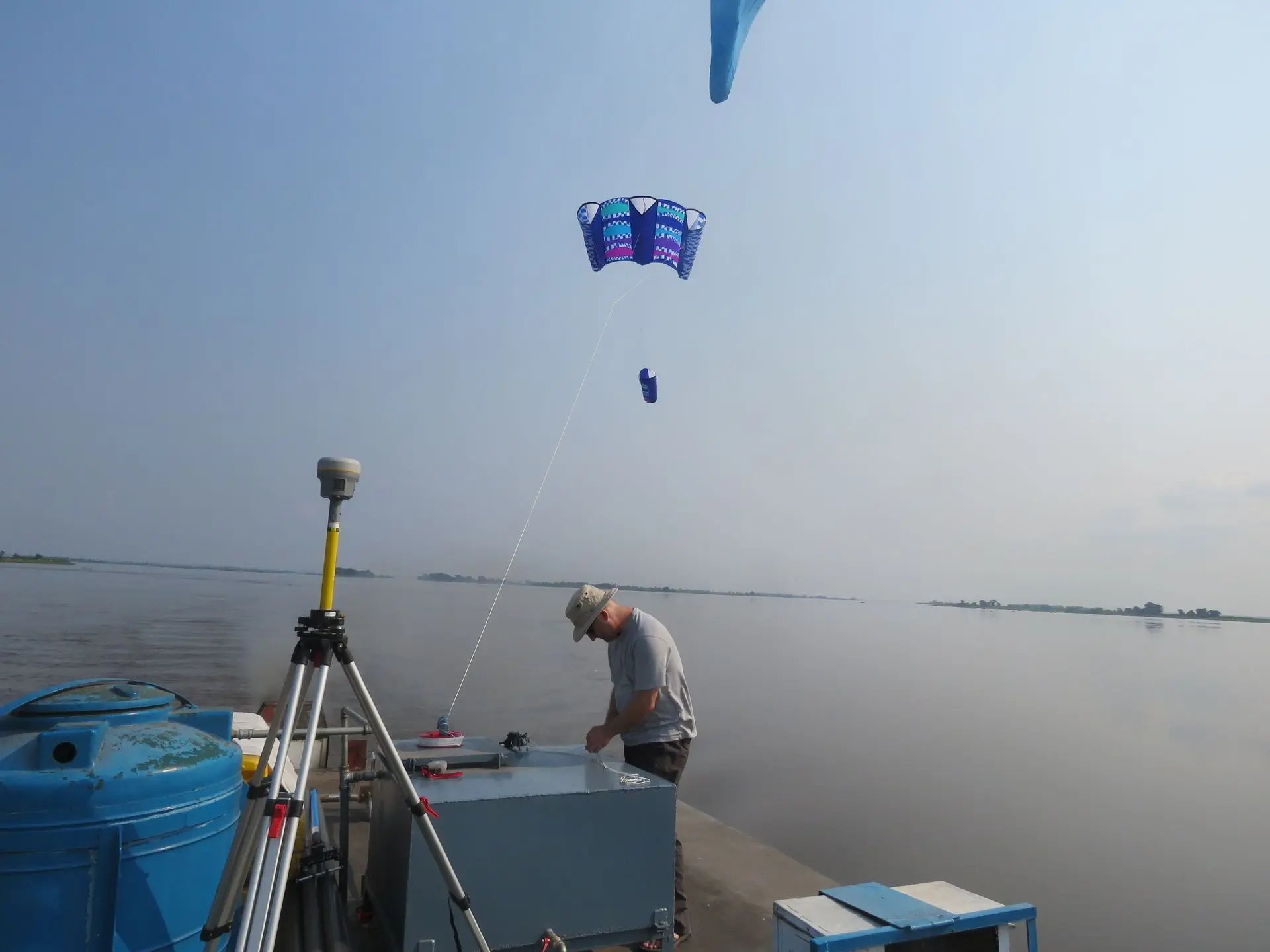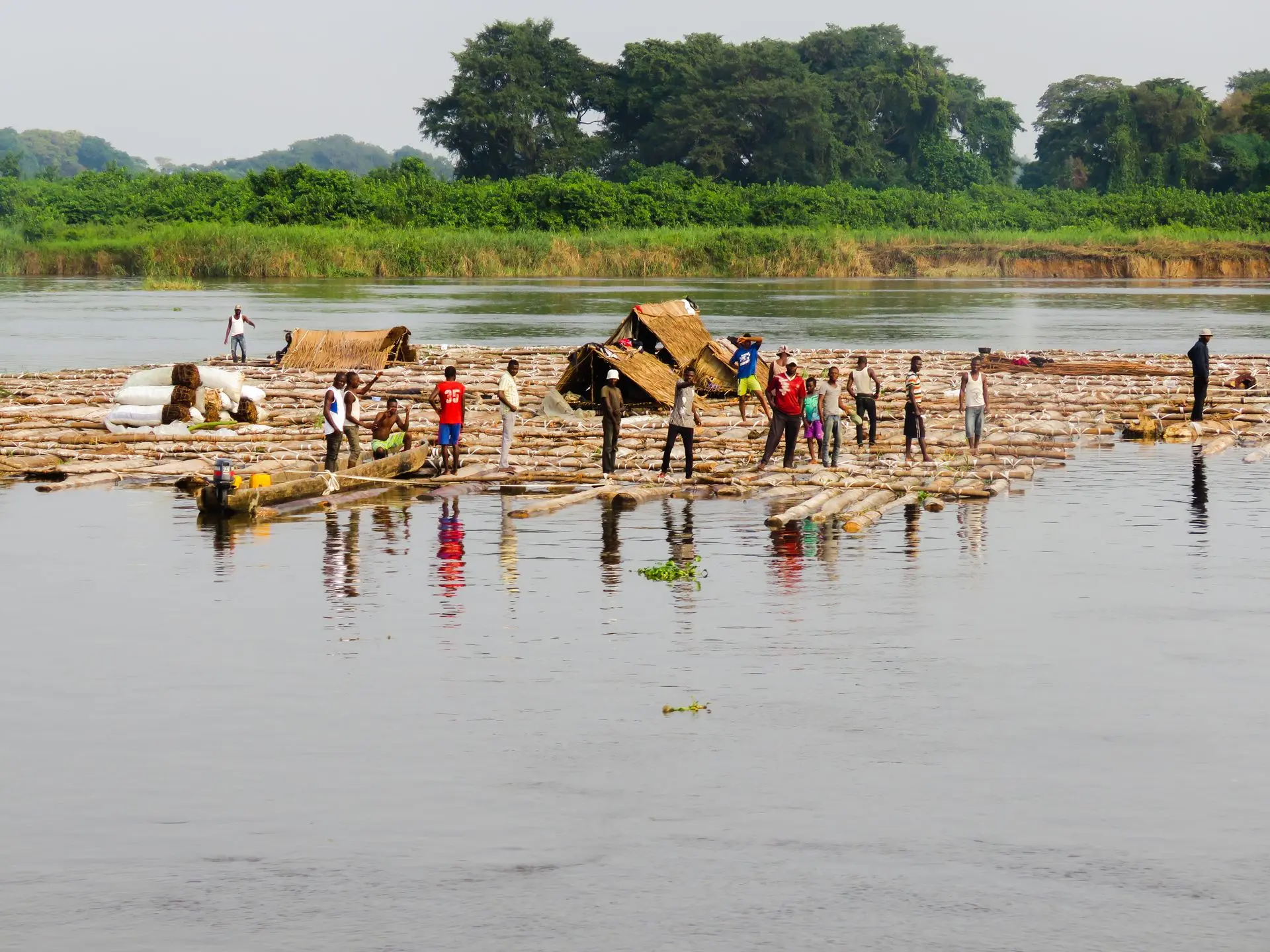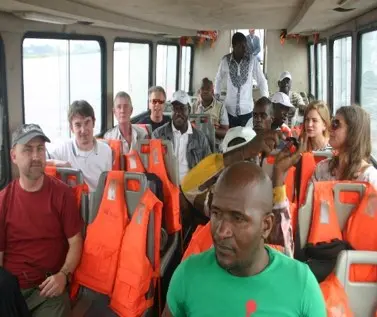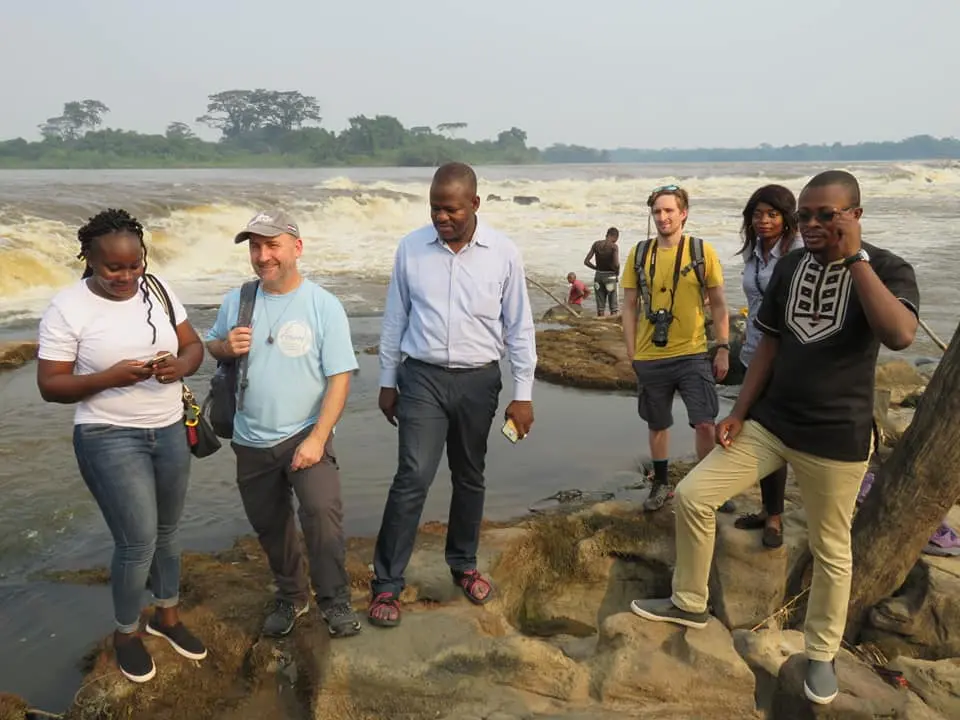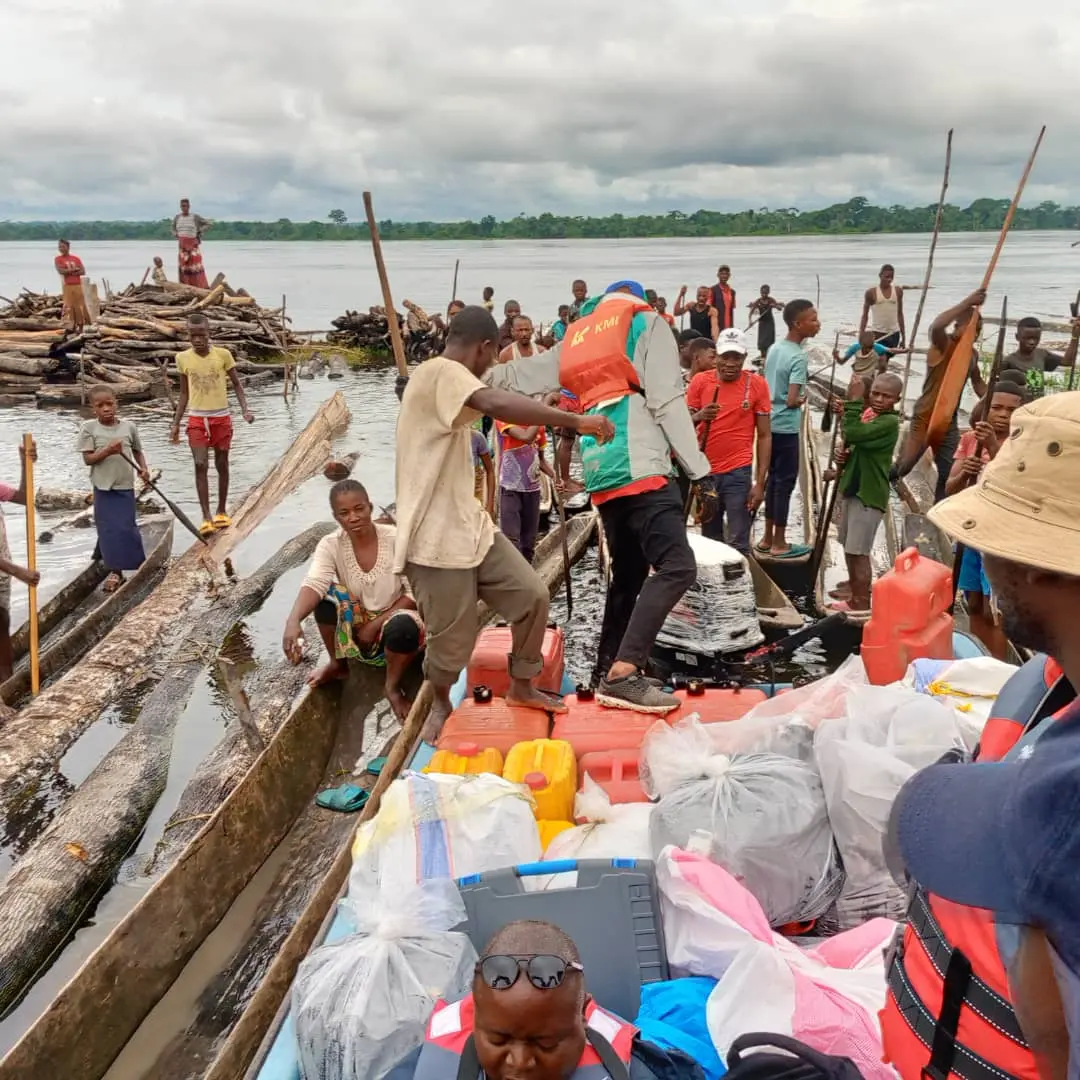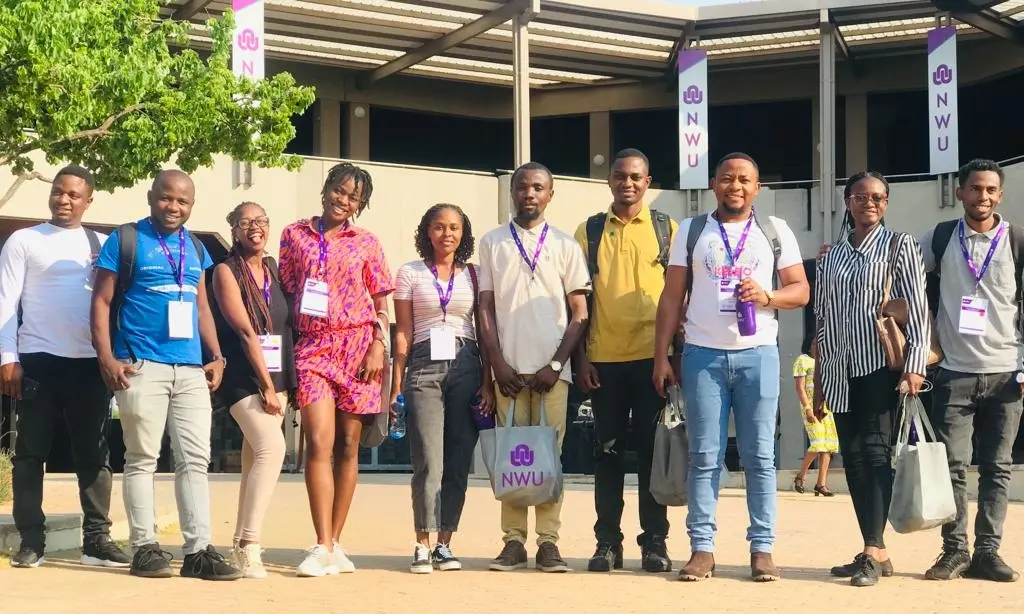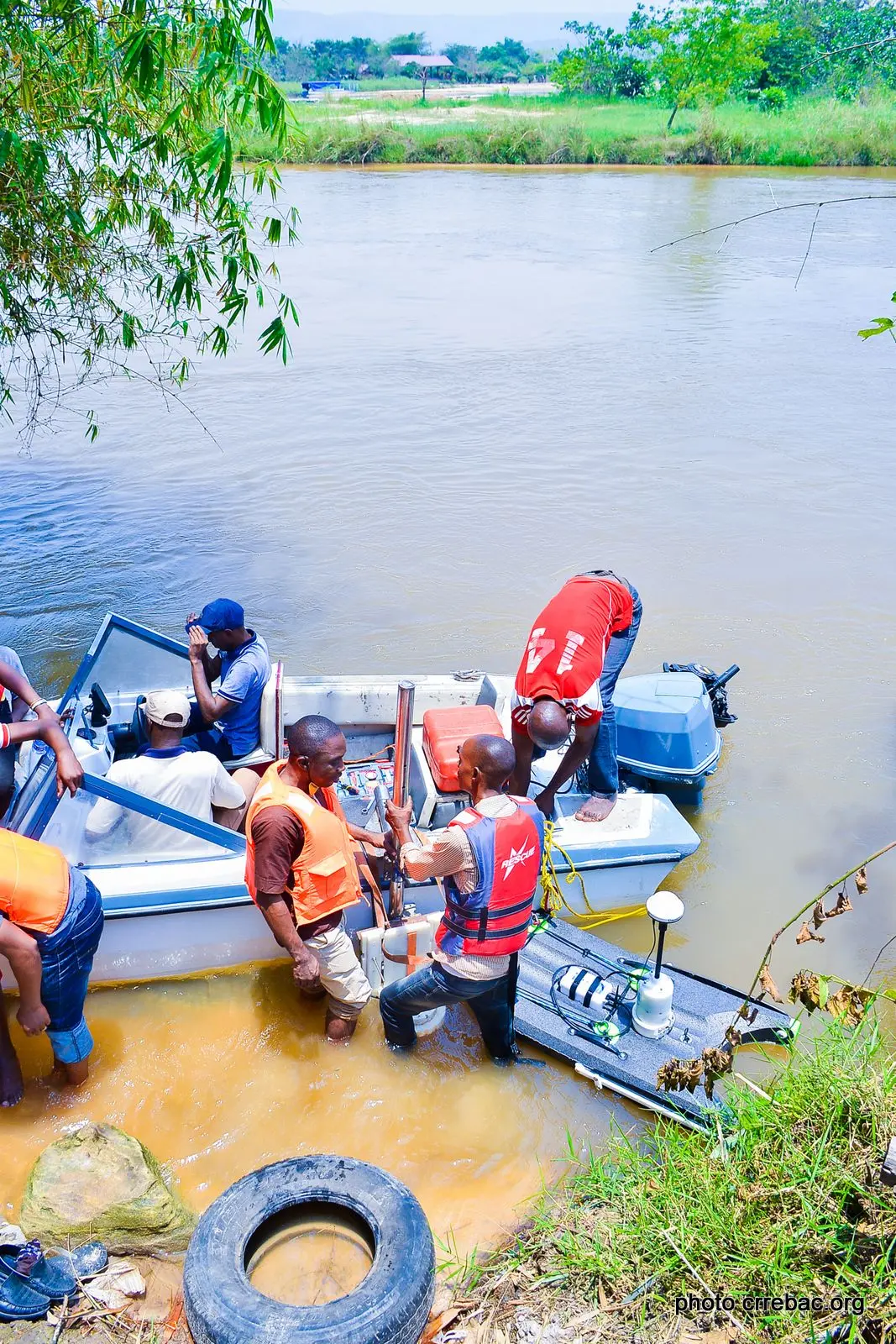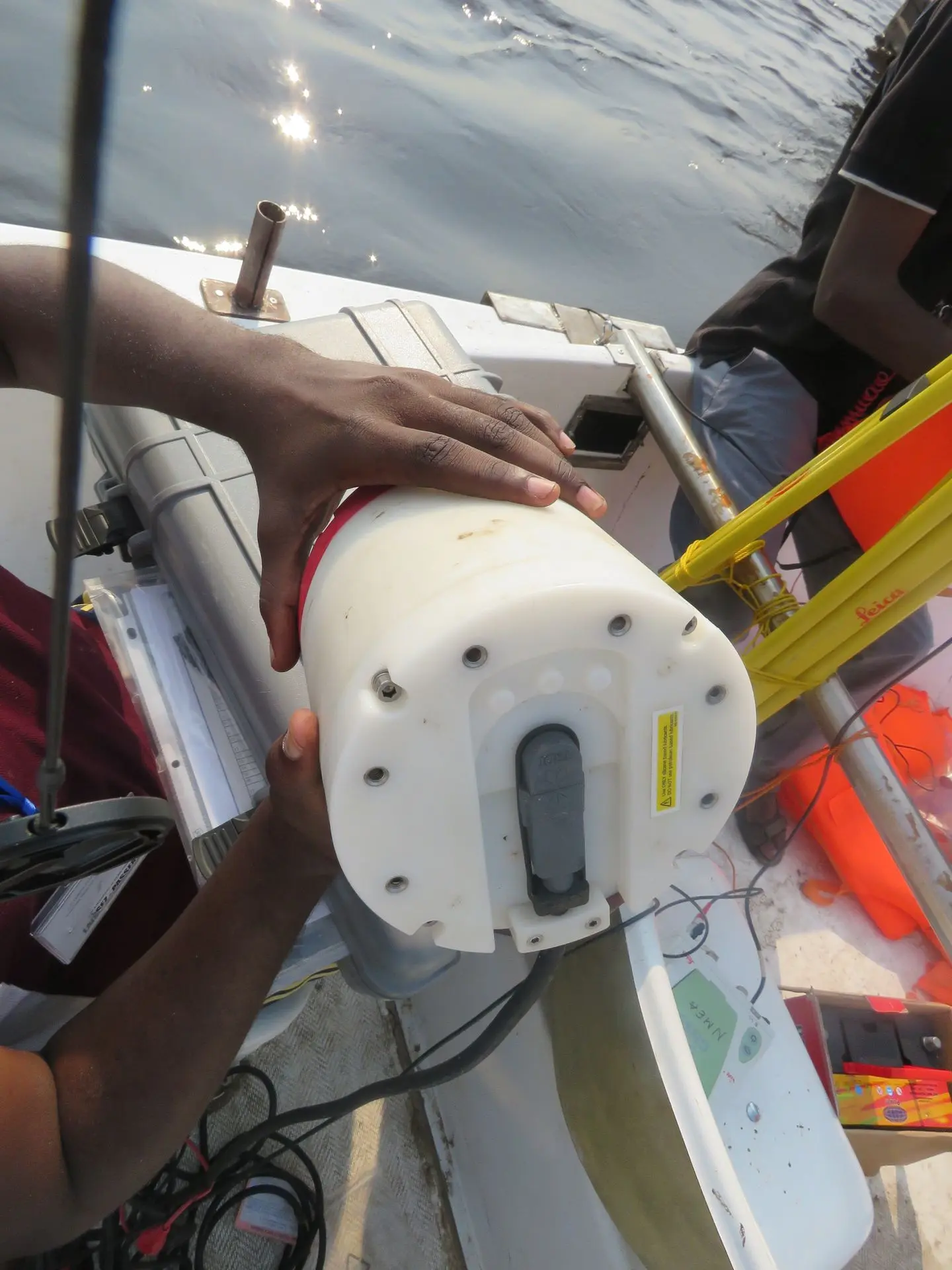Congo Basin Forum 2025
Kinshasa, June 10 to 13, 2025
The Congo Basin Forum 2025 will be held from June 10 to 13, 2025 in Kinshasa, with the central theme :
« Unlocking the Potential of Water Resources Services to Achieve Sustainable Development in the Congo Basin ».
This forum aims to bring together a large community of researchers, decision-makers, managers and users, in order to share scientific advances and recent innovations on the water resources of the Congo basin, and to promote sustainable management initiatives for these vital resources.

The Second Congo basin Forum is :
500 participants expected
Specific training
Panel discussions
Thematic sessions
The Second Congo basin Forum is :
- A unique opportunity for knowledge exchange and capacity building to contribute to sustainable development in the Congo basin
- Focuses on innovative tools and technologies for water resource services
Context and Justification
The Congo basin is the second largest river basin in the world, behind the Amazon basin. It generates an annual flow volume of about 1,300 billion m3 at its outlet, which represents more than half of the total discharge of the african continent. The water resources of the Congo basin are essential for agriculture, hydropower, food security, transport, and biodiversity conservation. The basin plays a key role in the circulation of atmospheric moisture and carbon budgets at the regional and global scales. The water resources of the Congo basin face several major challenges, including :
- Climate change and seasonal variability ;
- Deforestation, mining activities and pollution ;
- Critical scientific information gap and lack of infrastructure.
The importance of water cannot be stressed enough. Water is not only vital to the human population in terms of domestic needs, but it is also directly and indirectly linked to many other areas related to the environment, economy, and health. Ensuring the sustainability of these resources has become a matter of global concern. Better management of water resources is a genuine guarantee of social peace and prosperity for our communities.
The Congo basin, in which the Democratic Republic of Congo (DRC) holds about 2/3 of the total drainage area, is located in Central Africa, and is shared by nine riparian countries. Hydrologically, the Congo basin is the second largest river basin in the world, behind the Amazon basin. It generates an annual flow volume of about 1,300 billion m3 at its outlet, which represents more than half of the total discharge of the African continent. The basin offers opportunities for the production and satisfaction of many goods and services, including agriculture and food security, fisheries, hydropower, water supply, transport, maintenance of aquatic biodiversity and vulnerable ecosystems such as flooded forests and peatlands. It also has a unique and diverse natural assets that places it in a relevant geostrategic position. The basin plays a key role in the circulation of atmospheric moisture and carbon budgets at the regional and global scales. Overall, the basin has the potential to play a leading role in regional cooperation to reduce poverty, while providing opportunities for livelihoods and income to communities for sustainable development in African.
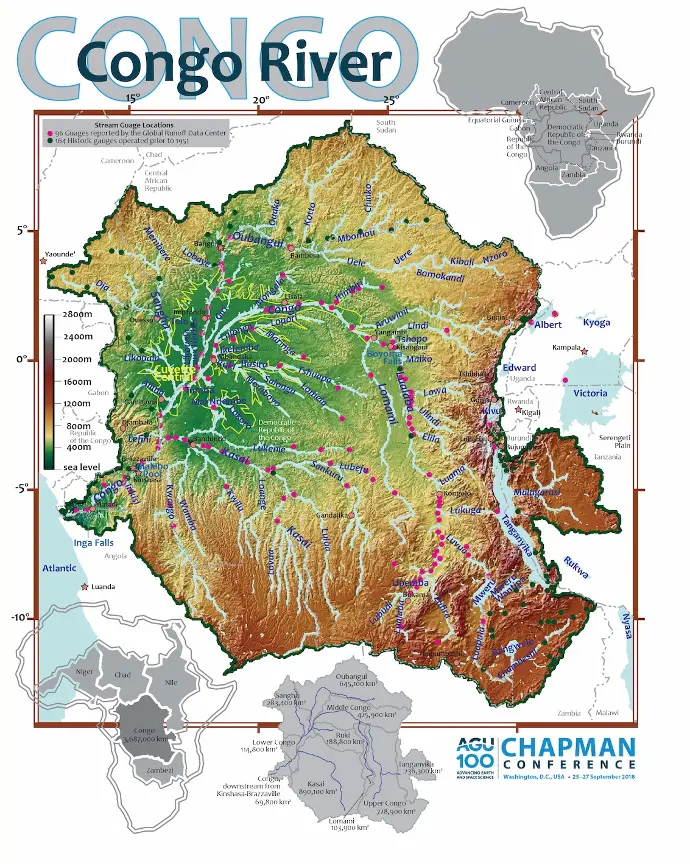
On one hand, the Congo basin offers the potential to support regional cooperation for the management of shared water systems; on the other hand, this resource is the subject of potential conflicts between competing uses (Tshimanga et al., 2022). The theme of water wars is frequently highlighted in literature and debates in the basin as one of the many facets of emerging conflicts – exacerbated by the impacts of climate change and new migration patterns (Dialogue des Peuples, 2016).
Demands for water to support socio-economic growth continue to rise, although the quality services to meet them are far behind. These demands are not only expected from the nine riparian countries, but also from other water scarce regions of Africa. The strategic challenge for the future is, therefore, to secure water in sufficient quantity and quality to meet the growing competing demands for agricultural, commercial, domestic, environmental and industrial needs (Tshimanga et al., 2022) :
The major challenges can be summarised as follows :
- Impacts of humain activities and pressure on water resources which include large-scale deforestation, mining activities, dislocation and pollution of rivers, rapid and sometimes uncontrolled urbanisation, sedimentation of water resourses and loss of aquatics habitats ;
- Methods of measurement and estimation of hydro-climatic parameters, including inadequate hydro-meterological network, lack of experimental research, lack of information on water resources dynamics ;
- Uncertainty in the management of water resources which includes inadequate legal and institutional framework reflecting the lack of synergy between the various stakeholders, redundancy of actions and lack of transparency, lack of decision support systems ; and
- Uncertainty due to climate change.
Investment in the science, innovation and capacity building needed to develop a better understanding of the dynamics of water resources and improve access to their services is largely lacking. Achieving sustainable development and inclusive growth in the Congo basin region would be seriously compromised if water resources are not managed and used in a sustainable, integrated and efficient manner. As the countries of the Congo basin region strive to improve political, economic and social stability, the need for sucure water supplies will become increasingly important.
If this aspect is neglected, there is a risk of conflicts :
- within communities - due to a lack of access to water resource services ;
- between countries - due to a lack of agreement on the «sharing of transboundary water resources and
- between social groups due to a sharing of water resources perceived as not being inclusive(distributive justice).

A review of the gaps in scientific knowledge about the Congo basin and the way of performing research to address the challenges of water resources management in the basin is provided by Alsdorf et al. (2016) « Opportunities for Hydrological Research in the Congo basin» and Tshimanga et al. (2022) « Hydrology, Climate and Biogeochimestry of the Congo Basin : A Foundation for the Future. These two reviews were followed with the implementation of two majour scientific forums, including the Congo AGU (American Geophysical Union) Chapman Conference, held in Washington DC, USA, in 2018, with the aim of establishing research pathways that will lead to scientific discoveries in hydrology, climate change and biogeochemestry ; and the first Congo Basin Forum «Congo River 2020 » held in the DRC in 2021 in the post-covid 19 period, which focused on learning and sharing experiences from research initiatives and experiments in the Congo basin as well as in other major African basins and worldwide.
Objectives
The second Congo Basin Forum 2025 builds upon the previous initiatives and provides an opportunity for scientif knowledge and experience sharing in a view of assessing our efforts in terms of the availablity of new data, scientific advancement and technologies applicable to monitoring water resources in large river basins. It also provides an oppotunity to identify gaps in balancing the objectives of conservation and socio-economic well-being within the Congo basin. The conference will also focus on learning and sharing experiences from other research initiatives and experiments in the other major African basins and worldwilde.
Disseminate research results on the Congo basin
To disseminate the results of research activities carried out in the Congo basin to a wider community of researchers, managers and users.
Evaluate current knowledge and progress made in water resources management in the basin
To evaluate the state of current knowledge and the progress made in understanding the dynamics and processes of water resources in the Congo basin, to facilitate the exchange of information necessary to define the guidelines for innovative scientific research in this basin.
Share knowledge
To promote mutual learning on the interventions carried out by different stakeholders aimed to improve access to water resource services in the Congo basin.
Promote exchange of expérience between regional and international actors
To share experience from other research initiatives carried out in the other large river basins of the world
Promote partnership and networking
To stimulate partnership, networking and create opportunities for future investment in research and development of water resource services in the Congo basin
Methodology
The Congo Basin Forum aims to bring together about 500 participants from different categories of stakeholders, including :
- Researchers
- Decision makers
- Managers
- Users
- Investors
Activities will take place during 4 days in the form of thematic sessions and panel discussions led by regional and international experts.
A training session is planned during the conference in order to build the capacity of young researchers and professionals to new tools of research and decisionmaking adapted to the context of the Congo basin.
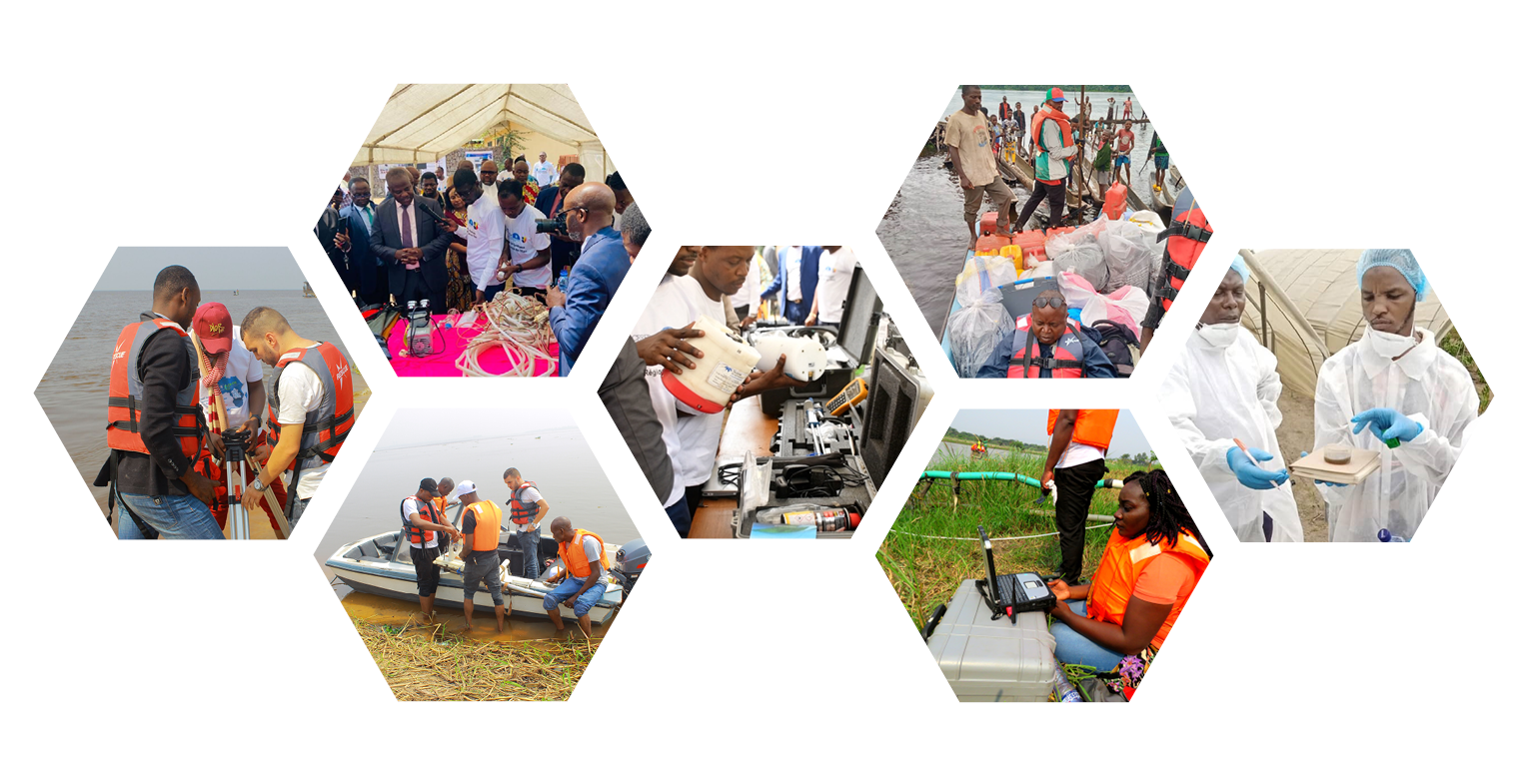
Thematic areas
The Second Congo Basin Forum will take place under the main theme: «Unlocking the Potential of Water Resource Services to Achieve Sustainable Development in the Congo Basin» and will cover the following six thematic areas :
1
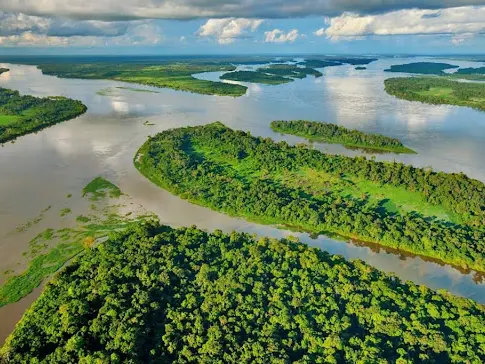
Water-Climate-Forest-Biodiversity-Carbon
2
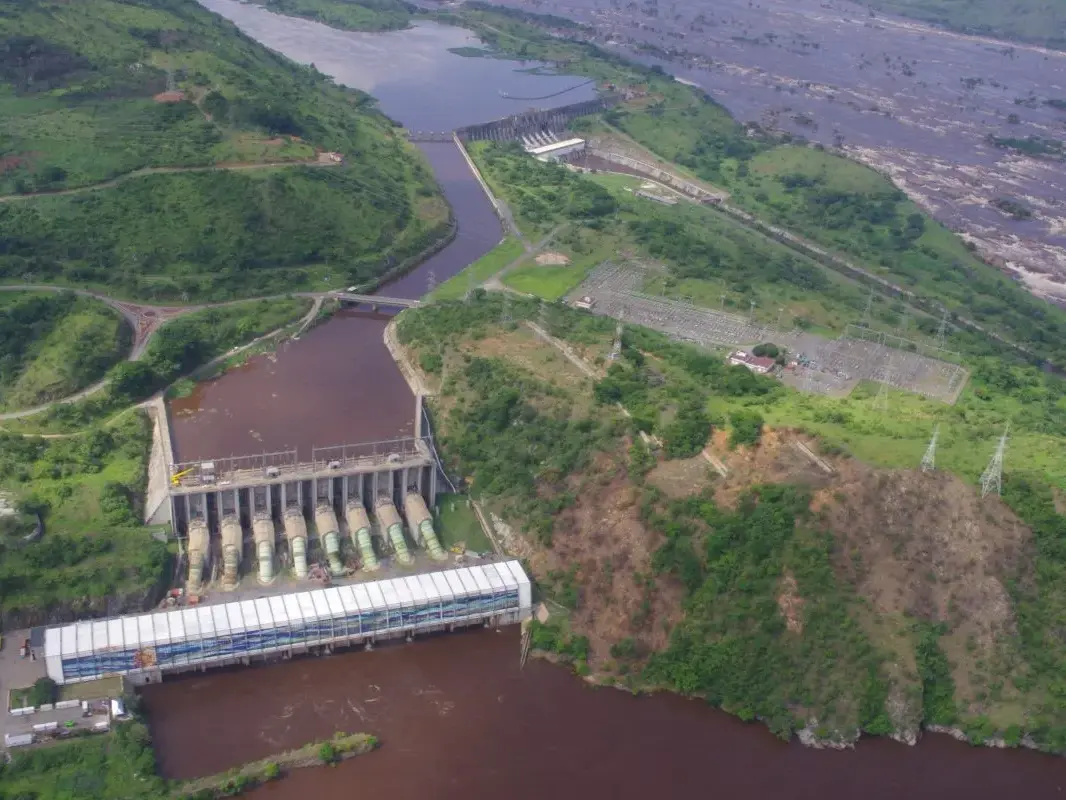
Water and Energy
3
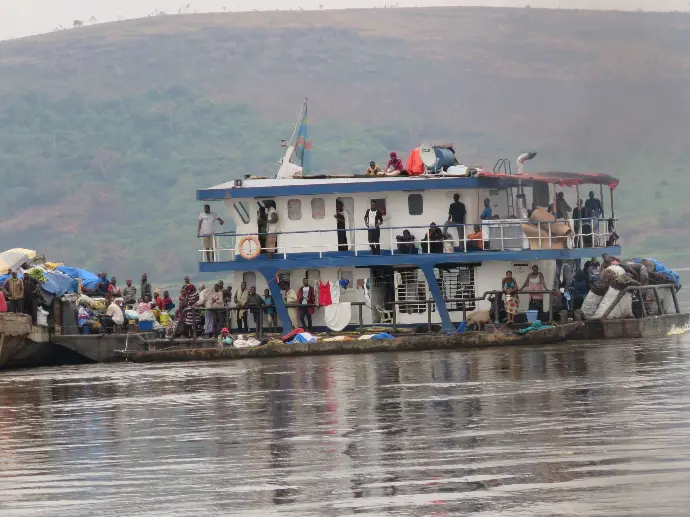
Water and Navigation
4
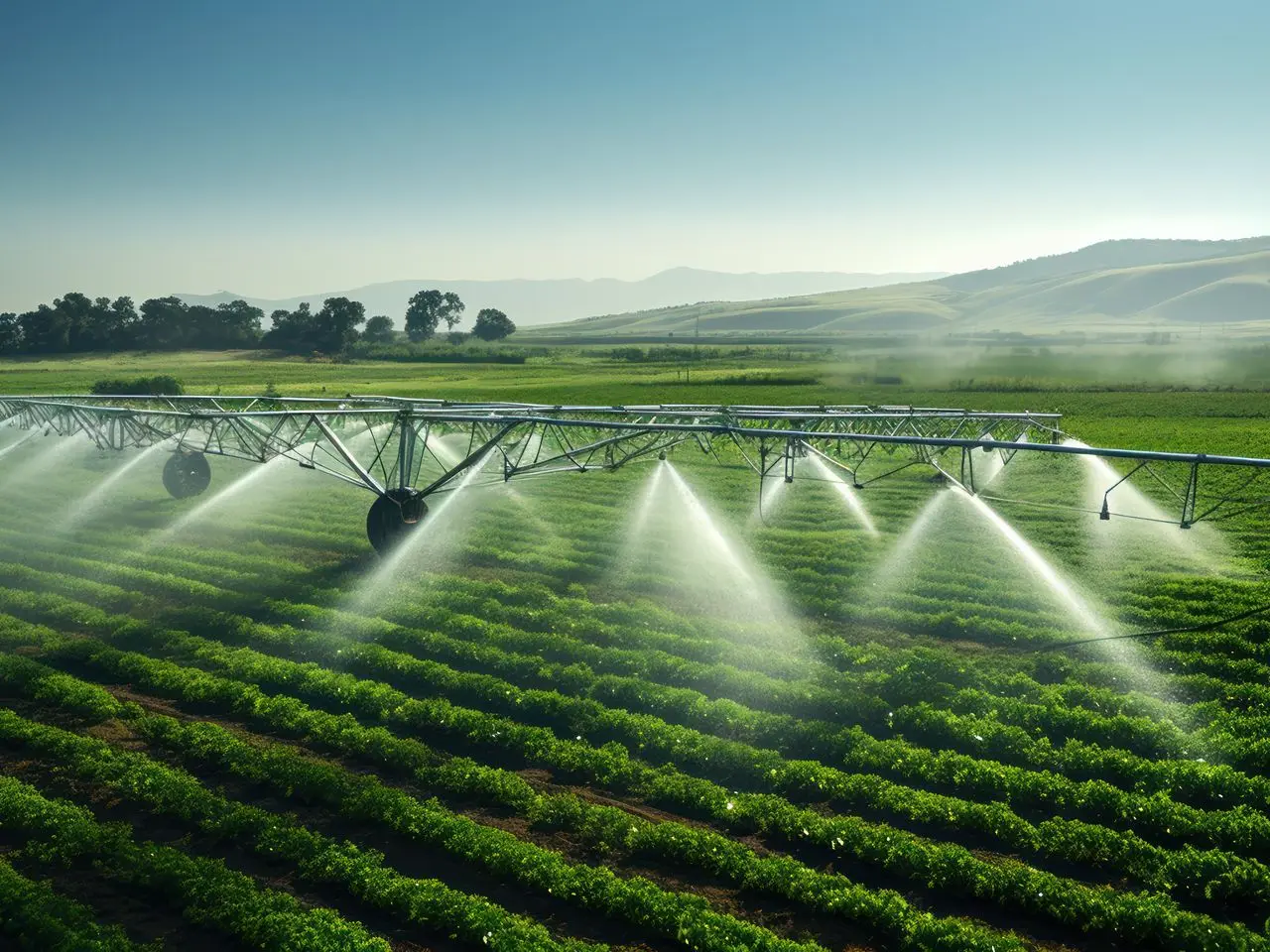
Water, Agriculture and Food Security
5
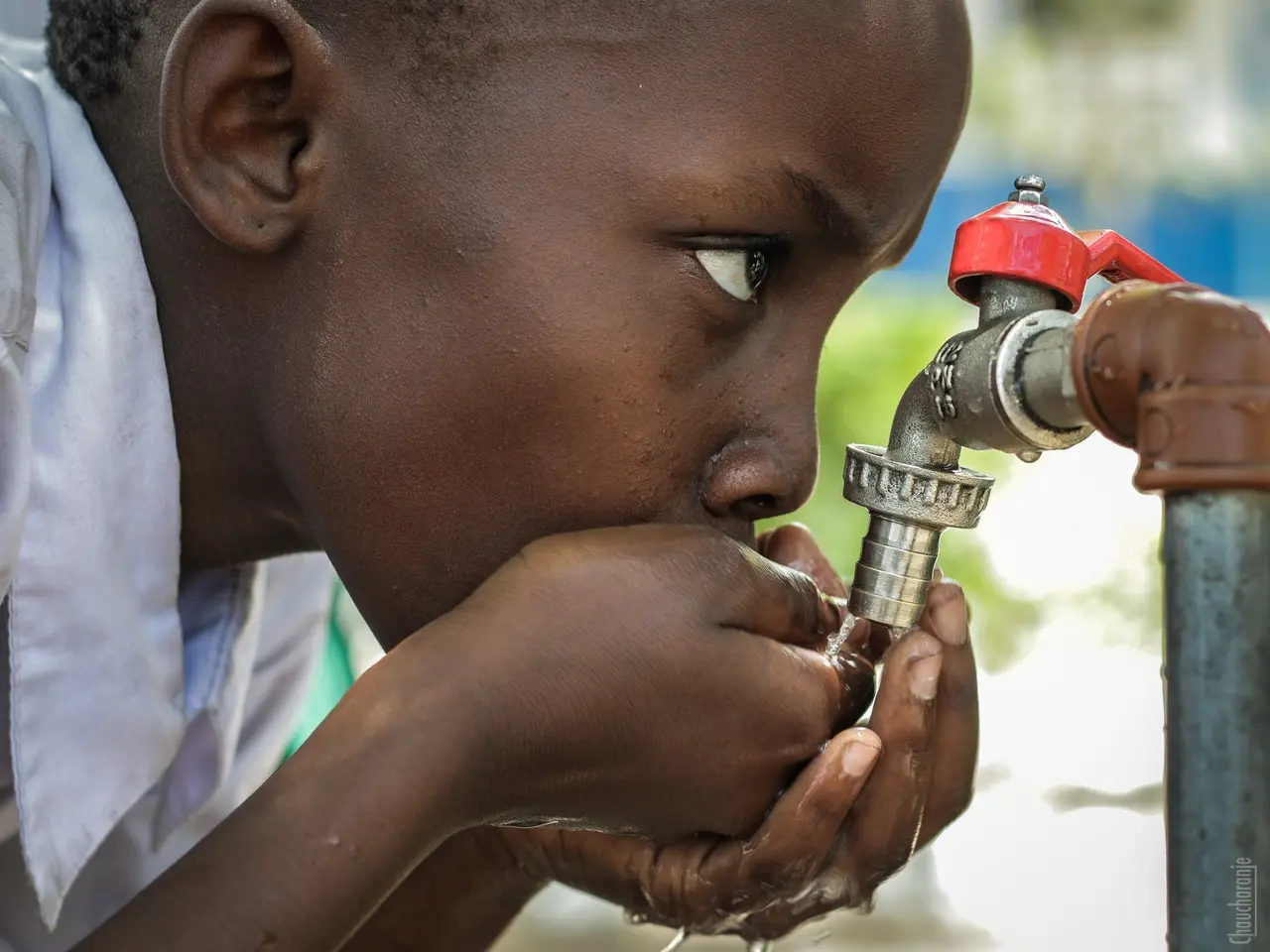
Water supply, Hygiene and Sanitation
6
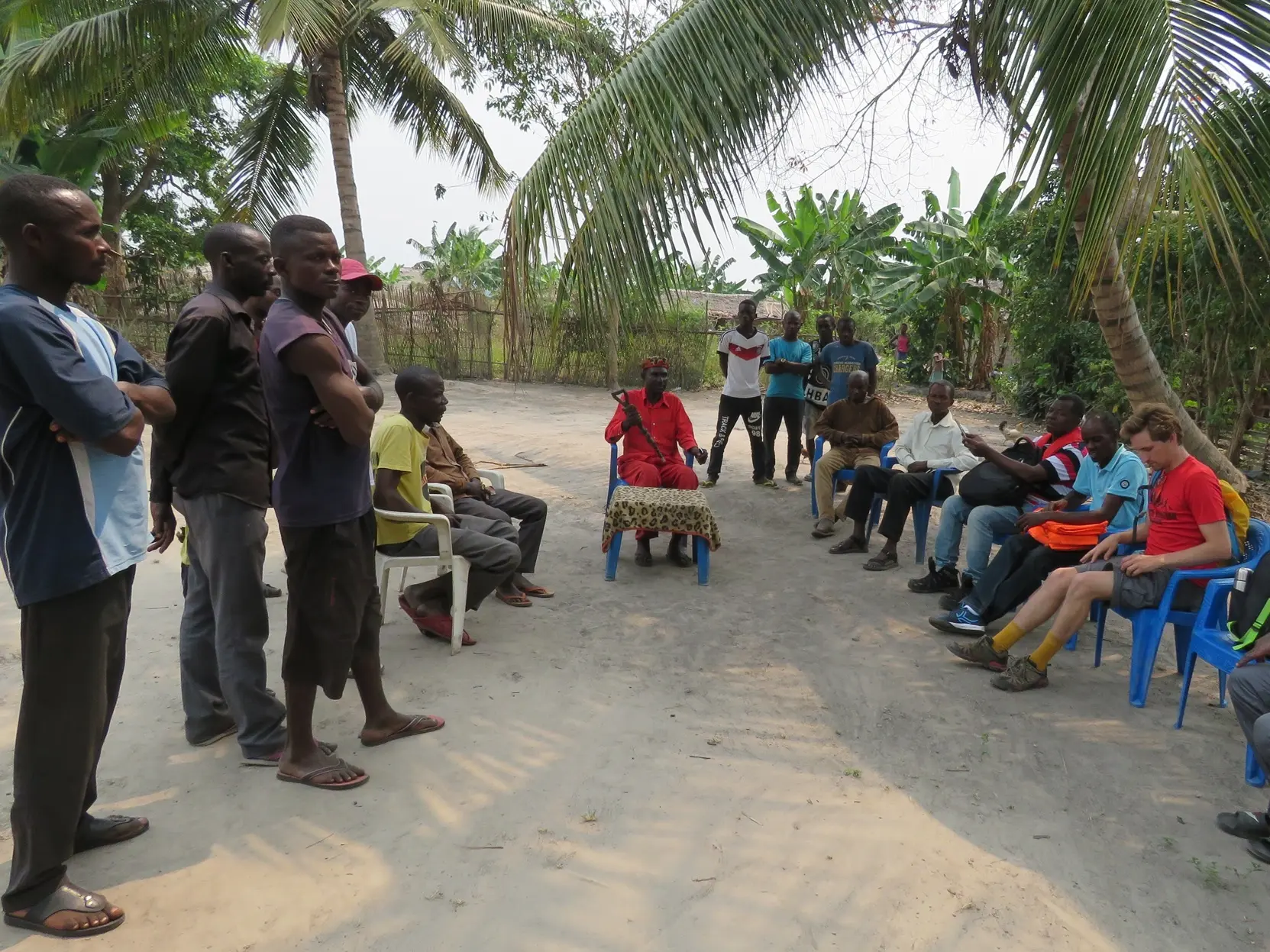
Water, Society and Governance
7
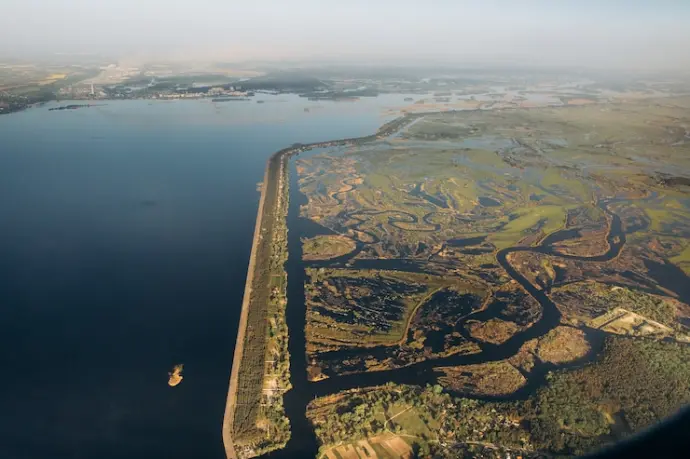
Expérience de Grands Bassins Fluviaux Tropicaux
These thematic areas are open to a wide range
of research methods, including field and
laboratory approaches, modelling, remote
sensing, machine learning, artificial intelligence
and new observation data. Quantitative and
qualitative approaches applied in the social
sciences will also be of interest for addressing
aspects of water-related uses, society and
governance in the Congo basin.
The conference will also target several short
training sessions, such as :
- Application of acoustic Doppler technology in large rivers (with measurements on the main reach of the Congo River),
- Application of Earth Observation techniques to flood risk mapping and assessment,
- Spatial altimetry and its application to monitoring surface water height and river discharge for water resource management.
The city of Kinshasa is located downstream of the main course of the Congo River, participants to the Forum will have the opportunity to explore some of the Congo River’s distinctive features, such as the Chenal of the Congo River, the Pool Malebo and the Kinsuka rapids, as well as other beautiful natural landscapes of the lower course of the Congo River.
Outcomes
The following results are expected :
New directions for the future
development of science in the
basin will be highlighted, based
on the real needs of the region.
This will involve an assessment
of current knowledge and the
progress already made in the
field of water resources in the
Congo basin.
The commitment of
public, private and
international partners
to invest in water resources
research and innovation
for the Congo
basin, as a guarantee of
sustainable management
and development strategies
for these resources.
Organising Committee
The committee is supported by a Scientific Council, made up of scientists and academics with research experience in the Congo basin or any other large river basin in the world, and with an interest in the promotion of research and innovation for the improvement of knowledge and the development of resources in water.
The organising committee is made of members from the following institutions :
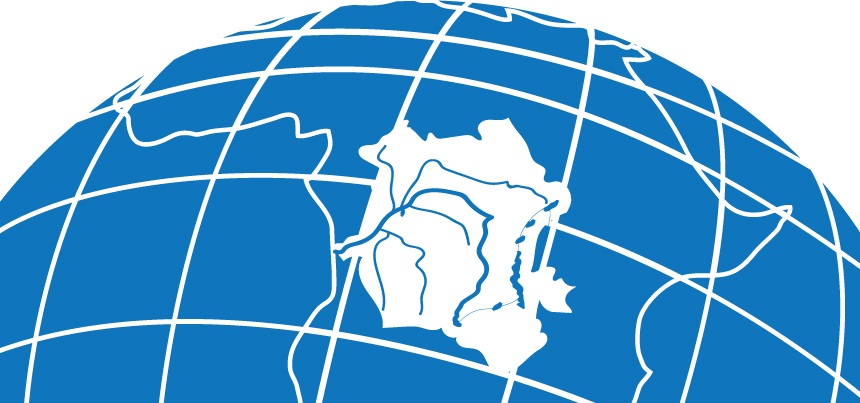 Congo Basin Water Resources Research Center
Congo Basin Water Resources Research Center
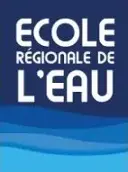

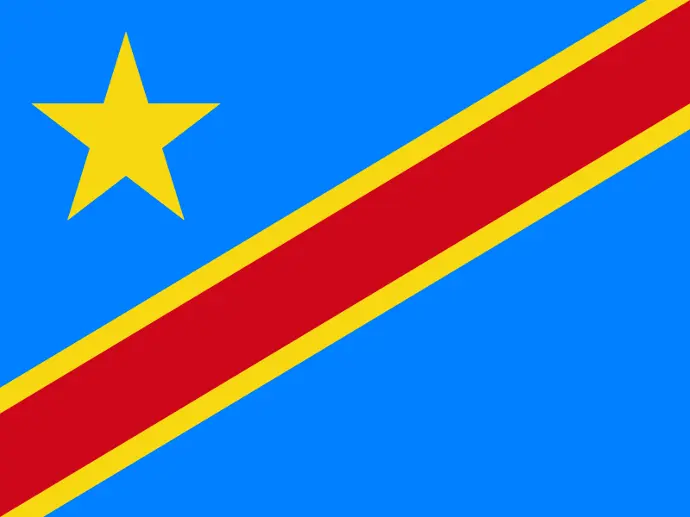 Ministry of Scientific Research and Technological Innovations, DRC
Ministry of Scientific Research and Technological Innovations, DRC
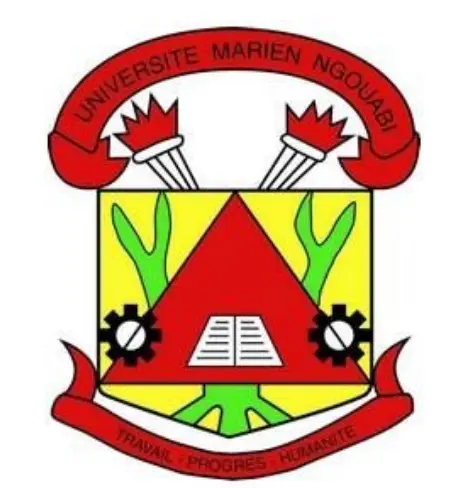 Marien Ngwabi University
Marien Ngwabi University
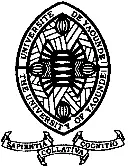 Université de Yaoundé
Université de Yaoundé
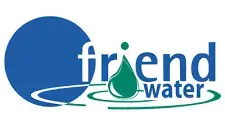
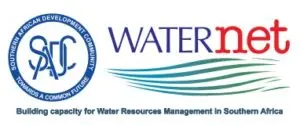



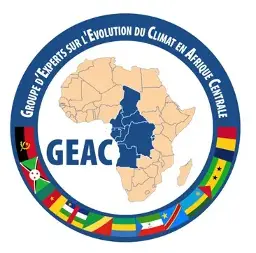
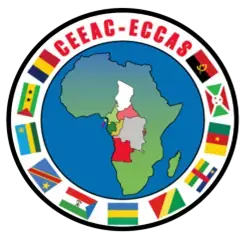
Conference Agenda
Date and venue
The Congo Basin Forum 2025 will take place during four days, from 10 to 13 June 2025, in Kinshasa, DR Congo.
Languages
English and French will be used simultaneously for communications before, during and after the Forum.
Program
The full conference program will be published in February 2025.
notification d'acceptation des résumés et mode de présentation
Register / Submit your abstract
- The accepted abstracts will be published online in the Proceedings of the Congo Basin Forum, with the possibility to publish the FULL PAPER in an international peer reviewed journal.
- The Forum participation fees, payable upon acceptance of the abstract for candidate presenters, are set as follows :
Category | Amount |
Senior Researchers, Professionals and Managers | 120$ |
Students | 50$ |
Students from academic and research institutions in Congo Basin countries | Free participation |
I register it | I submit my presentation
- If you would like to exhibit your works at the Forum, do not hesitate to contact us !





